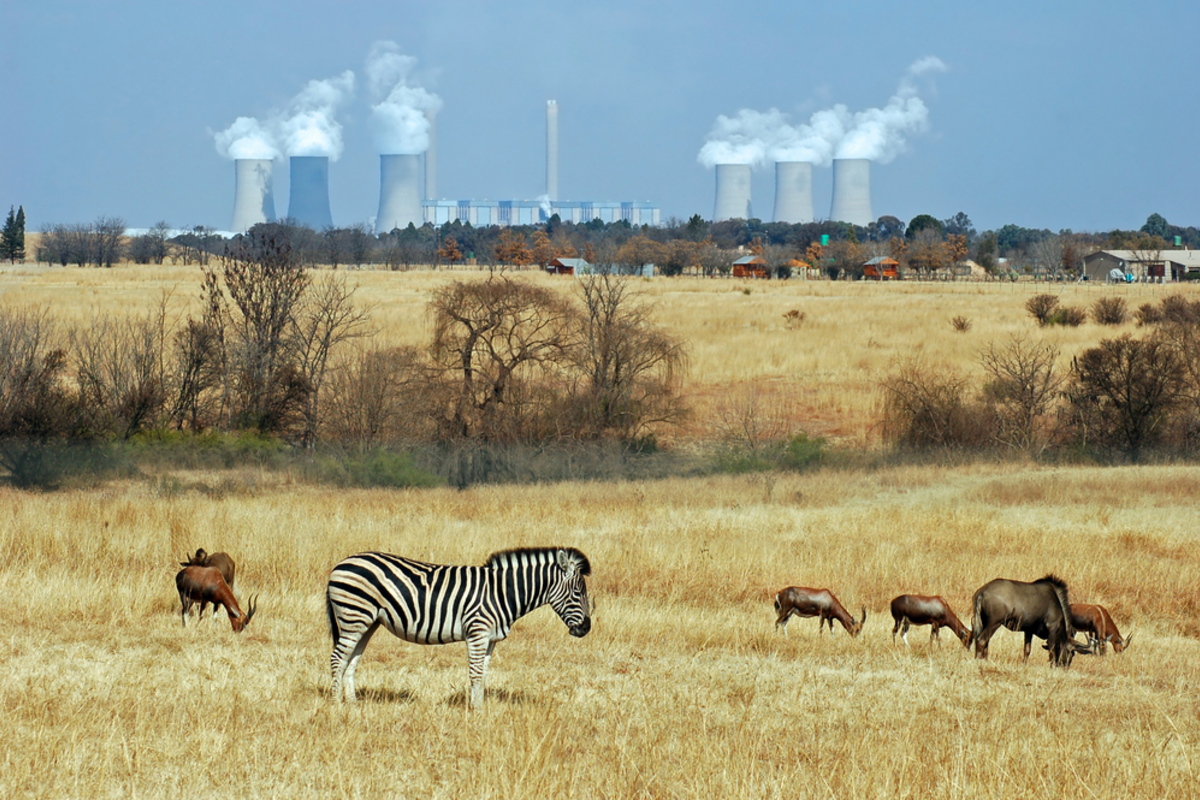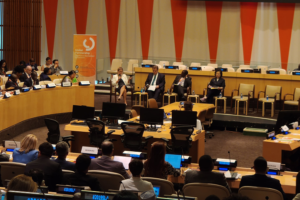IBON Africa participated in the Regional and Global Consultations on Nature-based Solutions ahead of sixth session of the UN Environmental Assembly (UNEA 6). The consultations followed Resolution 5/5 that was adopted during UNEA 5.2 in Nairobi in 2022 on “Nature-based solutions for supporting sustainable development.” IBON Africa shared reservations on nature-based solutions, and generally all market-based mechanisms such as carbon trading.
Greenwashing and the commodification of the environment
Civil society organisations (CSOs) expressed concerns that multinational corporations are increasingly enlisting nature-based solutions to continue business-as-usual by using offset measures to greenwash their activities that are harmful to people and the planet. These so-called solutions is a dangerous distraction from communities’ interests and priorities for climate, resilience, and development. Nature-based solutions, combined with the rush of achieving net zero by countries, big polluters and also multinational corporations undermine climate priorities and urgent decarbonization. This will also adversely impact biodiversity whereby more preference will go to commercial monoculture over natural forests and ecosystems.
Major mitigation strategies increasingly involve avoided deforestation, afforestation and reforestation. However, relying on these as major strategies for mitigation is a dangerous and problematic approach. Apart from scientific uncertainties in measuring carbon, the land rights of forest-dependent communities such as Indigenous Peoples, are compromised. Dispossession of land, loss of livelihoods, as well as reduced access to forests, will be aggravated.
Safeguards, solutions, system change
Nature-based solutions narratives overemphasises carbon sequestration through carbon offsetting schemes. Solutions must commit to protect biodiversity ecosystems, comply with robust social and environmental safeguards, and provide provisions that support local communities’ mitigation and adaptation practices, besides enhancing their resilience. Alternatives can include restoration of natural forests and wetlands, and enhancing agro-ecological approaches in agricultural and food production systems as a complementary approach.
There is a need to keep focus on a systemic change. Nature-based solutions, as dominant in current policy discourse, can be counter to the need for urgency in actions on emission reductions, decarbonization, adaptation and resilience to the impacts of climate change. The United Nations Environmental Programme (UNEP) should ensure that governments’ and donor organisations’ should not dilute the much-needed attention on urgent decarbonization of the economy.
A people-centred approach, including in biodiversity conservation and protection of ecosystems, should place peoples’ rights and needs in the centre of policy, research, and practice—in ways grounded in social justice, equity, and meaningful participation of the people. #



